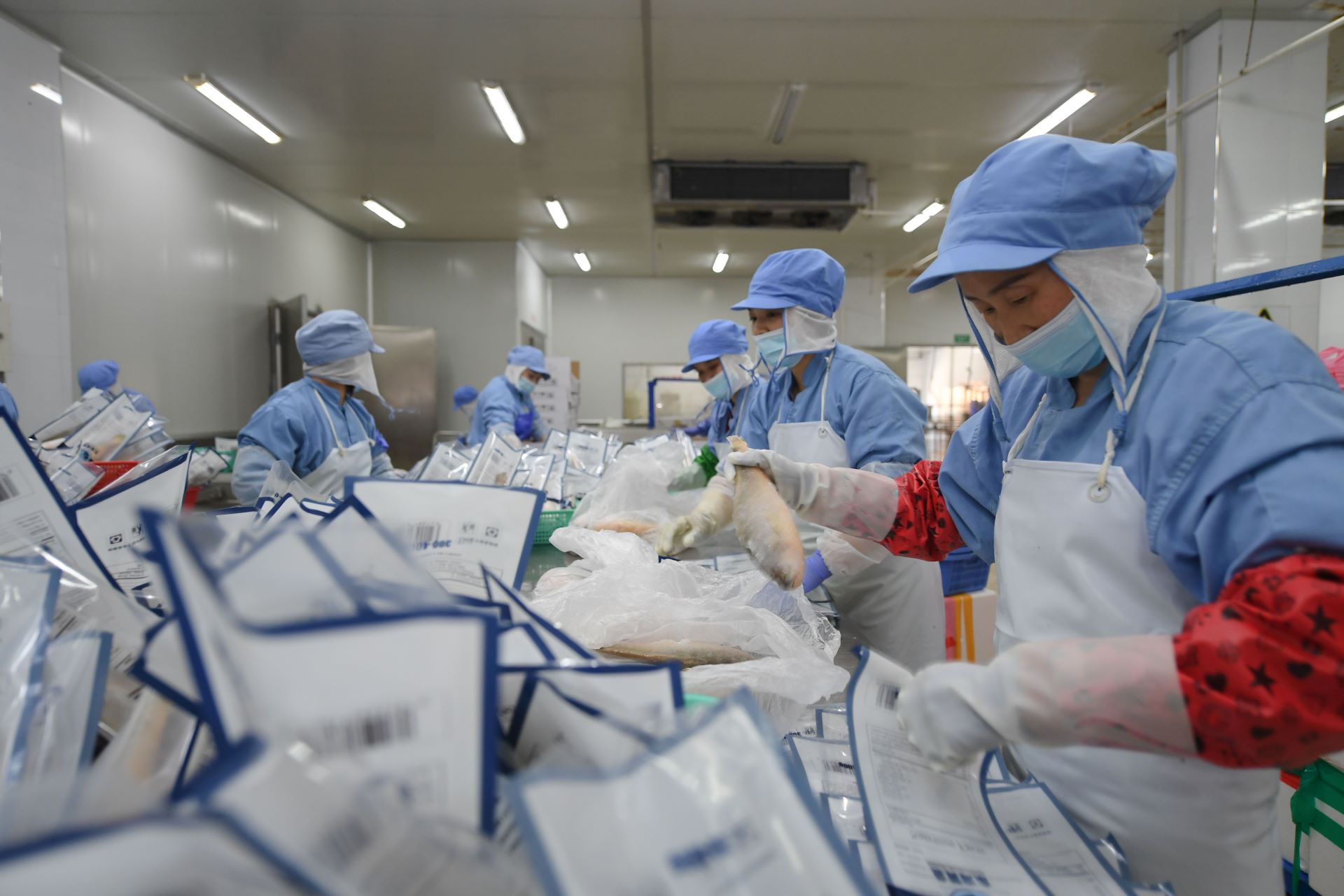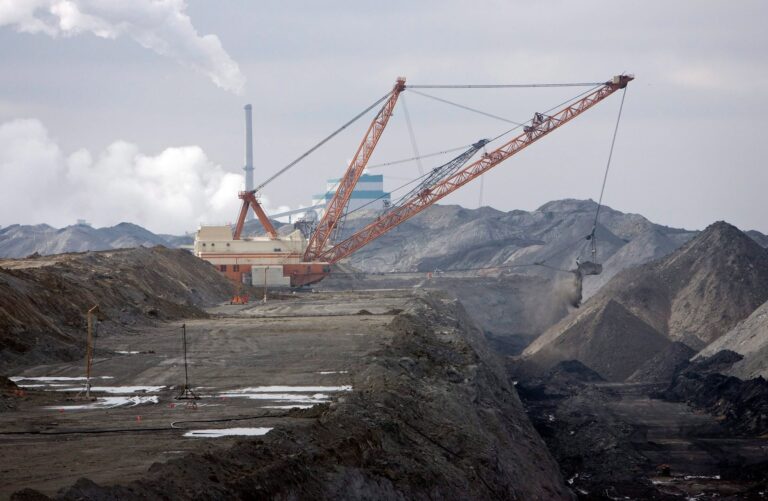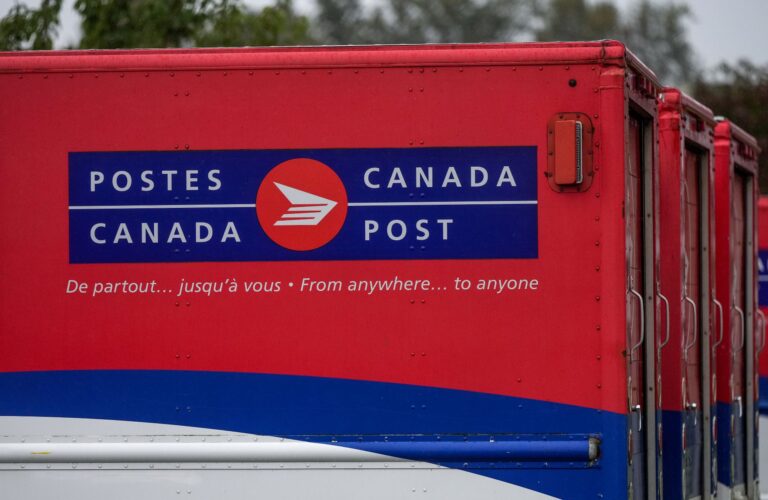The federal government is failing to take the necessary steps to hold corporations accountable for human rights and environmental abuses, often relying instead on companies to act on mere expectations and encouragement.
It’s a serious and widespread problem. Of the 200 largest economic entities by revenue in the world, 157 are corporations, not countries. Some of these corporations take harmful actions, including draining or polluting water supplies, emitting greenhouse gases and bypassing Indigenous rights.
Yet, corporations are largely left to decide which, if any, global voluntary “corporate social responsibility” standards – such as emissions targets, codes of conduct, ethical sourcing policies and meaningful certifications – to implement.
In Canada, we need strong laws that require companies to prevent all human rights and environmental abuses within their operations and supply chains, and to provide a remedy when harms occur.
The previous government acknowledged that existing laws are inadequate to hold corporations fully accountable. The current government has not yet indicated any plans to address the issue. It’s time for Ottawa to do what’s required.
Policies are often ignored
For example, parts of the seafood industry – which is centred on the most globally traded animal protein – are associated with significant environmental and human rights harm such as overfishing, illegal fishing and marine ecosystem degradation, as well as forced labour and other inhumane working conditions.
Investigation after investigation has found evidence that these harms remain prevalent in seafood supply chains, including those tied to Canadian retailers, despite all major retailers having voluntary sustainable seafood policies.
These policies have serious shortcomings. According to a recent report by sustainable seafood watchdog SeaChoice, retailers’ human rights policies are often not embedded into operational practices and no Canadian retailer verifies whether third-party brands adhere to the company’s stated policies.
Canada is implementing a forced-labour import ban. Will it help exploited workers?
New bill fails to address human rights abuses in supply chains
Canada needs to address the issue of modern slavery
What can help save nature and increase climate resilience? Better accounting.
Even the most robust sustainable seafood policies are narrowly applied – often covering only about half of the products on store shelves. In some cases, policies are not extended across all retail branch stores operated by the same company.
Worse, this issue isn’t restricted to seafood. Environmental and human rights harms continue to proliferate across a number of sectors – including oil and gas, forestry, mining, garment, cocoa and soy – where voluntary policies, certifications and audits are commonplace.
The evidence is clear: voluntary measures simply don’t work. Yet the federal government continues to rely on them to prevent abuses linked to some Canadian companies.
The previous Liberal government acknowledged “more is needed” to address corporate abuse and announced last December its intention to introduce legislation creating a new supply-chain due diligence regime for fundamental labour rights. However, this legislation was not introduced before Parliament was dissolved for the April election.
The newly elected government has not yet indicated an intention to follow through on this limited proposal and has instead promoted growth of the private sector as a solution.
That is unlikely to help Canada meet its global commitments including the Paris Agreement on climate change, the Kunming-Montreal global biodiversity framework aimed at halting and reversing biodiversity loss and the United Nations sustainable development goals to end poverty and inequality, and to protect the planet by 2030.
Meeting these commitments depends on the world’s wealthiest economies and largest polluters, including Canada, holding corporations accountable.
Action needed now
Canada must adopt new “responsible business” legislation that requires our companies to prevent human rights abuses and environmental destruction throughout their supply chains.
More than 50,000 Canadians have called on Ottawa to adopt such legislation. Other countries, including several of Canada’s largest trading partners, have passed or are considering laws such as this.
The Canadian Network on Corporate Accountability has developed model legislation, endorsed by more than 200 organizations from Canada and around the world, which the federal government can use as a blueprint.
Meaningful corporate accountability legislation is essential to meeting our global human rights and environmental commitments to set us on track for a just future. By failing to hold corporations to account, we are entrusting that future to those who put profit over people and the planet.













